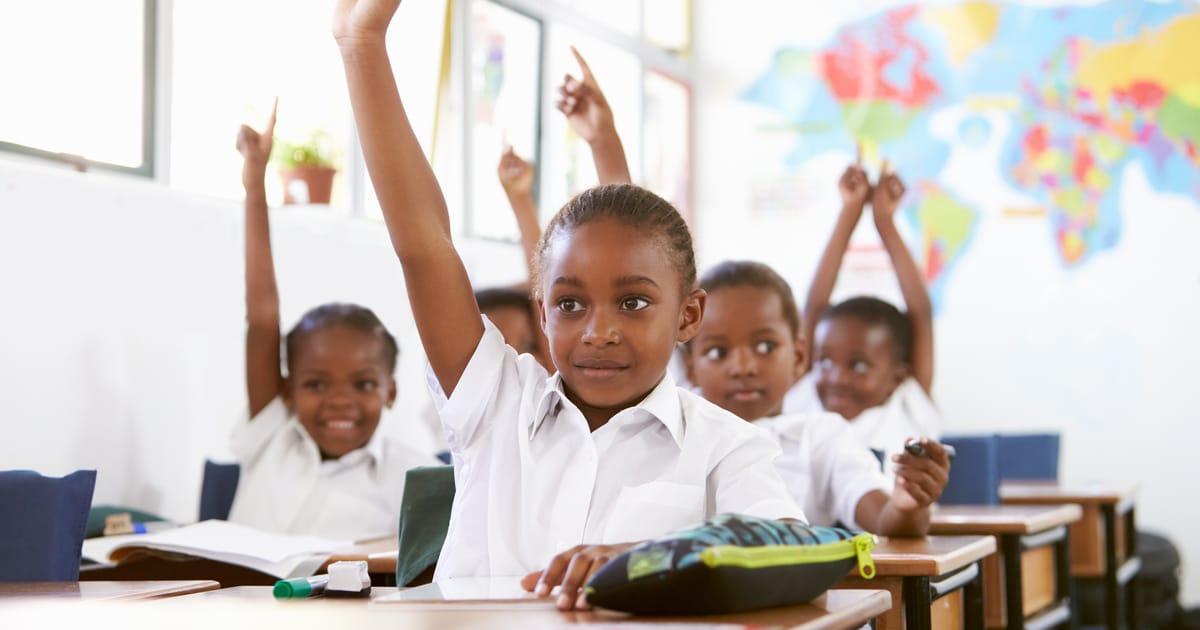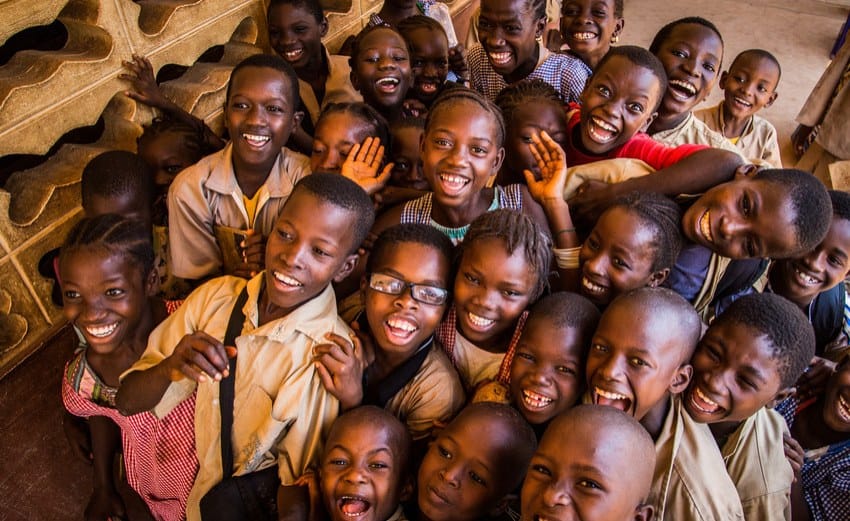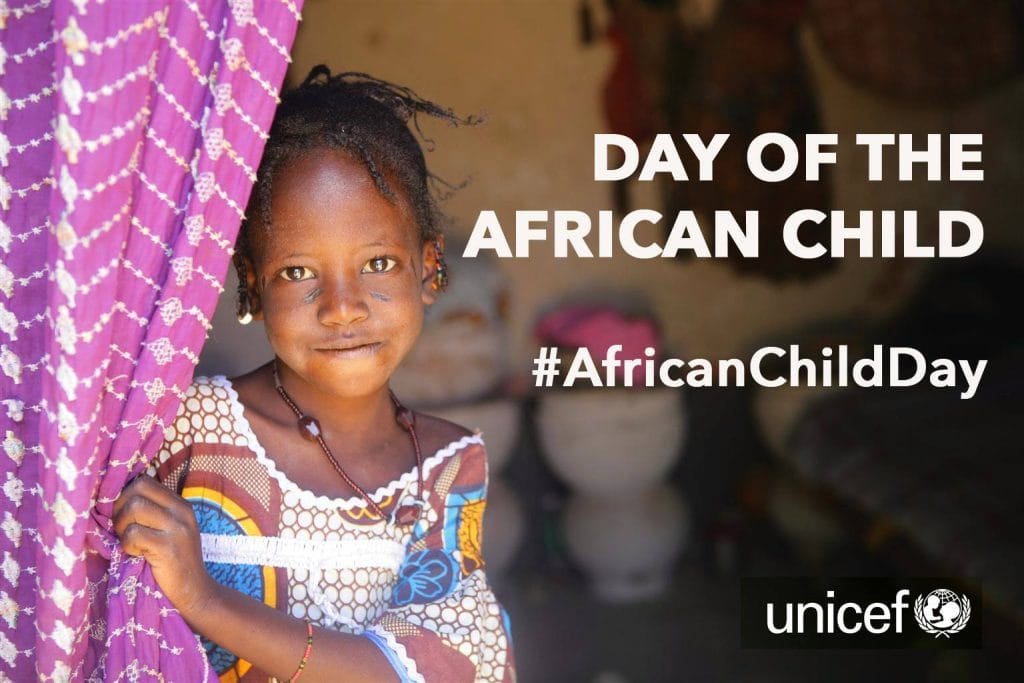Across the continent, African nations commemorated the Day of the African Child on June 16, 2025, under the African Union’s theme: “Planning and Budgeting for Children’s Rights: Progress Since 2010.” The annual observance, established in 1991 in memory of the 1976 Soweto uprising, provided a platform for governments, civil society organizations, and young people to reflect on how national policies and public spending have addressed children’s rights over the last 15 years.
Long-Term Progress with Government Initiatives
Mauritius held a central ceremony at the Intercontinental Slavery Museum in Port Louis, with senior government officials in attendance, including the Minister of Gender Equality and Family Welfare, the Lord Mayor of Port Louis, and other dignitaries. The event emphesized the government’s commitment to provide equal access to education and social protection services for children, especially those from disadvantaged backgrounds. Officials also emphasized the importance of protecting children from violence and discrimination and reaffirmed their dedication to implementing child rights-based approaches in national planning.
In Kenya, the county government of Uasin Gishu joined the celebration by hosting public awareness activities and community forums. Local leaders used the occasion to highlight the county’s recent budget increases for child protection services, nutrition programs, and school infrastructure. County Commissioner Dr. Edison Nyale stated that the day serves as a critical reminder to ensure that government resources are allocated effectively to promote the well-being of every child.

Civil Society and Youth Engagement
In Liberia, the Girls Alliance for Future Leadership (GAFL) organized a school-based commemoration bringing together students from four major institutions. The event, held under the continental theme, encouraged students to engage in conversations around how national budgets affect access to education, healthcare, and safety. The initiative aimed to foster leadership and advocacy among girls, while also promoting broader youth participation in governance.
Meanwhile, in Ghana, the organization Child Online Africa (COA) marked the African Child Day with a unique initiative targeting digital safety. In alignment with this year’s focus on rights and budgeting, COA donated copies of the children’s book The Silent Mountaineer to 119 public libraries nationwide. The effort sought to increase awareness of online threats facing children and promote the inclusion of digital protection in national child protection budgets. COA emphasized that as children increasingly engage with digital platforms, online safety must become a standard component of planning for children’s rights.
Continental Push for Accountability
At the continental level, the African Committee of Experts on the Rights and Welfare of the Child (ACERWC) and the African Union Commission jointly issued a statement urging member states to improve budget transparency and prioritize child-focused spending in national development plans, on African child day. They stressed that although many countries have made legislative progress since 2010, there remain significant disparities in how effectively children’s needs are met through public financing.
In Lesotho, World Vision facilitated a child-led national dialogue that brought together young people from across the country to present their concerns and recommendations to lawmakers and ministry officials. The forum allowed children to voice their views on education quality, child safety, healthcare services, and how public budgets can better reflect their priorities. World Vision representatives praised the government’s openness to incorporating children’s feedback into future planning.

Key Issues Spotlighted in 2025
This year’s celebrations for the Day of the African Child have refocused on several key themes:
- Child-Sensitive Budgeting: Many governments showcased their progress in allocating funds to child welfare programs, though gaps persist—particularly in reaching children affected by conflict, disability, poverty, or rural isolation.
- Children’s Participation: Across multiple countries, children were not only celebrated but also involved in decision-making processes. Events like Lesotho’s policy dialogue and Liberia’s student forums highlighted the growing importance of youth inclusion in governance.
- Digital Safety: With the rising use of technology among African youth, stakeholders like Child Online Africa called on governments to allocate resources toward cyber-safety awareness, digital literacy, and online child protection frameworks.
- Gender Equality and Protection: Civil society groups emphasized the need for budgeting that addresses the specific needs of girls and vulnerable children. Initiatives like the Girls Alliance event in Liberia aimed to build advocacy skills and promote gender-responsive planning.
Day of the African Child 2025: A Call for Sustained Commitment
As the Day of the African Child 2025 drew to a close, a common message resonated across borders: progress has been made, but more must be done. The African Union and child rights advocates called for greater transparency, sustained political will, and stronger inclusion of children in decisions that affect their lives.
“Children must be seen as stakeholders, not bystanders,” said one ACERWC official. “When budgets reflect their needs and their voices are heard, we move closer to a future where all children thrive.”



